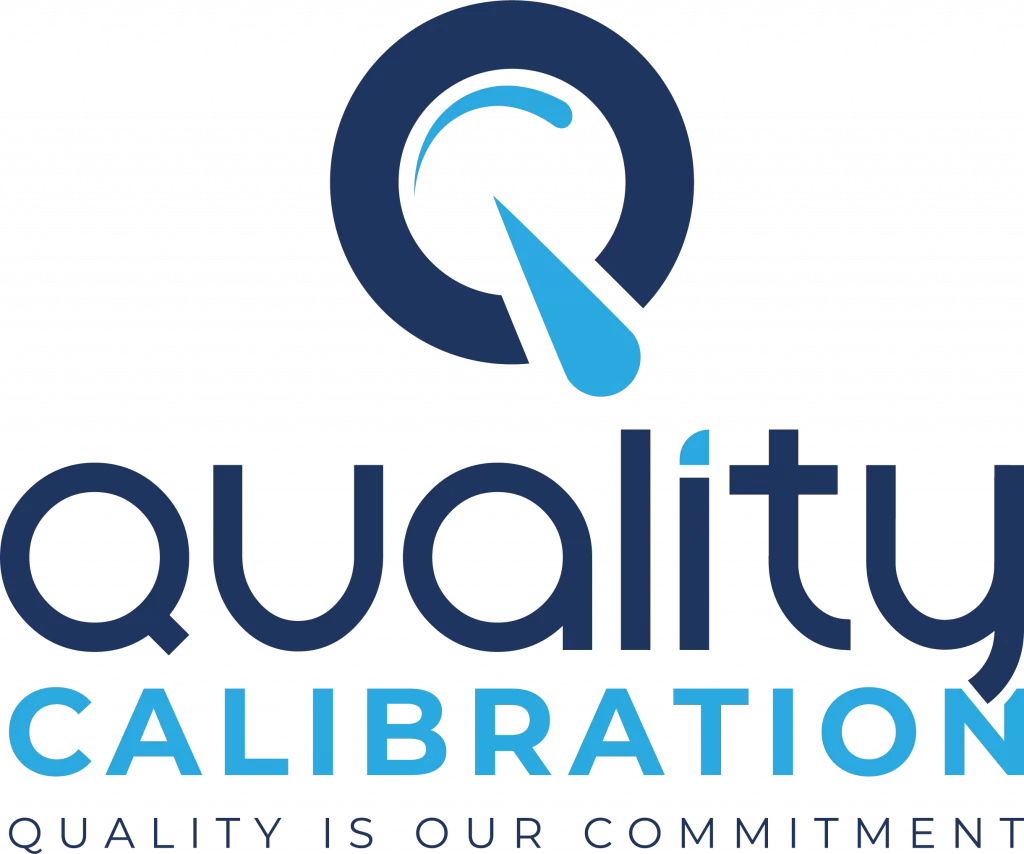Legal Metrology plays a crucial role in ensuring fair trade practices, consumer protection, and public safety in Bangladesh. It involves the accurate measurement of various commodities, such as weight, length, volume, and time, to uphold transparency and reliability in commercial transactions. Calibration certificates are integral to Legal Metrology as they serve as official evidence that measuring instruments meet the required accuracy standards. In this article, we will explore the significance of calibration certificates for Legal Metrology in Bangladesh, emphasizing their role in maintaining a fair and trustworthy marketplace.
Understanding Legal Metrology and Calibration Certificates
Legal Metrology is the science of measurement and its application to legal requirements. It encompasses regulations and standards that govern the accuracy and reliability of measuring instruments used in trade and commerce. Calibration certificates are official documents issued by accredited calibration laboratories that validate the accuracy and traceability of measuring instruments, such as weighing scales, length measuring instruments, and volume measuring devices.
Importance of Calibration Certificates for Legal Metrology
Calibration certificates hold immense significance in the realm of Legal Metrology for several reasons:
- Ensuring Fair Trade Practices: Accurate measurements are fundamental for fair trade. Calibration certificates provide the assurance that measuring instruments used in commercial transactions are calibrated to meet legal accuracy requirements.
- Consumer Protection: Fair and accurate measurements protect consumers from overcharging and undercharging. Calibration certificates instill trust in the accuracy of measurements, ensuring consumers get what they pay for.
- Compliance with Regulatory Standards: Legal Metrology regulations mandate that certain measuring instruments used in trade and commerce must be calibrated and certified. Calibration certificates serve as proof of compliance with these standards.
- Verification and Inspection: Regulatory authorities conduct verification and inspection exercises to ensure compliance with Legal Metrology laws. Calibration certificates are essential during these exercises to validate the accuracy of measuring instruments.
- Public Safety: In sectors where public safety is paramount, such as pharmaceuticals and medical devices, calibration certificates are critical to ensure accurate dosages and measurements.
Read about the Calibration Certificate Requirements here.
The Role of Calibration Certificates in Legal Metrology
Calibration certificates play a central role in the field of Legal Metrology in Bangladesh:
1. Ensuring Measurement Accuracy
Calibration certificates act as official proof that measuring instruments have undergone calibration and meet the required accuracy standards. By certifying the accuracy of these instruments, calibration certificates ensure that the measurements taken are reliable, precise, and trustworthy. This is particularly important in various sectors, such as retail, manufacturing, and agriculture, where accurate measurements are critical for quality control, proper dosage administration, and compliance with regulations.
2. Compliance with Legal Requirements
Legal Metrology regulations stipulate that certain measuring instruments must undergo regular calibration and certification to maintain accuracy. Calibration certificates serve as tangible evidence of compliance with these legal requirements. Regulatory authorities can review these certificates during inspections and verification exercises to ensure that businesses and individuals are adhering to the prescribed calibration intervals. Compliance with legal requirements helps promote a fair and competitive market environment while safeguarding consumer interests.
3. Supporting Consumer Confidence
Calibration certificates play a vital role in bolstering consumer confidence during commercial transactions. Consumers rely on measurements to determine the quantity and value of products they purchase. With calibration certificates verifying the accuracy of measuring instruments, consumers can trust that they are receiving fair and accurate measurements. This fosters transparency and builds trust between consumers and businesses, leading to repeat business and positive brand reputation.
4. Facilitating Trade and Commerce
Inaccurate measurements can lead to disputes and hinder smooth trade practices. Calibration certificates play a crucial role in eliminating measurement discrepancies, ensuring that all parties involved in commercial transactions have confidence in the accuracy of measurements. With calibration certificates in place, businesses can conduct trade with transparency and efficiency, minimizing the risk of disputes or legal issues arising due to measurement errors.
5. Assuring Quality in Sensitive Sectors
Certain industries, such as healthcare and pharmaceuticals, rely heavily on precise measurements to ensure patient safety and proper dosage administration. Calibration certificates for medical devices and equipment used in these sectors provide assurance that the instruments meet the required accuracy standards. This, in turn, assures the quality of healthcare services and pharmaceutical products, enhancing patient safety and overall healthcare outcomes.
Bottom Line
Calibration certificates are of immense significance for Legal Metrology in Bangladesh. They uphold fair trade practices, safeguard consumer rights, and promote public safety. Compliance with Legal Metrology regulations, facilitated by calibration certificates, fosters trust in commercial transactions and ensures accuracy and reliability in measuring instruments. By recognizing the importance of calibration certificates, Bangladesh can maintain a robust legal framework for measurement accuracy and create a marketplace that thrives on transparency and consumer confidence. Contact the Best Bangladeshi Calibration Lab for any type of Calibration Services.

Md. Hasan Ibrahim is a Technical Manager at Quality Calibration with extensive experience in the calibration sector since 2015. Holding a Bachelor of Science degree in Mechanical Engineering from Khulna University of Engineering & Technology (KUET), he has received training from various national and international organizations including CSIR-CMERI, QSI, BAB, NML-BSTI, memmert, and X-rite. With expertise in ISO/IEC 17025 assessment, method validation, metrological traceability, and uncertainty, he has successfully completed numerous calibration projects across diverse industries such as pharmaceuticals, food & beverage, oil & gas, textiles & garments, power plants, batteries, chemicals, hospitals & healthcare, and private universities.


